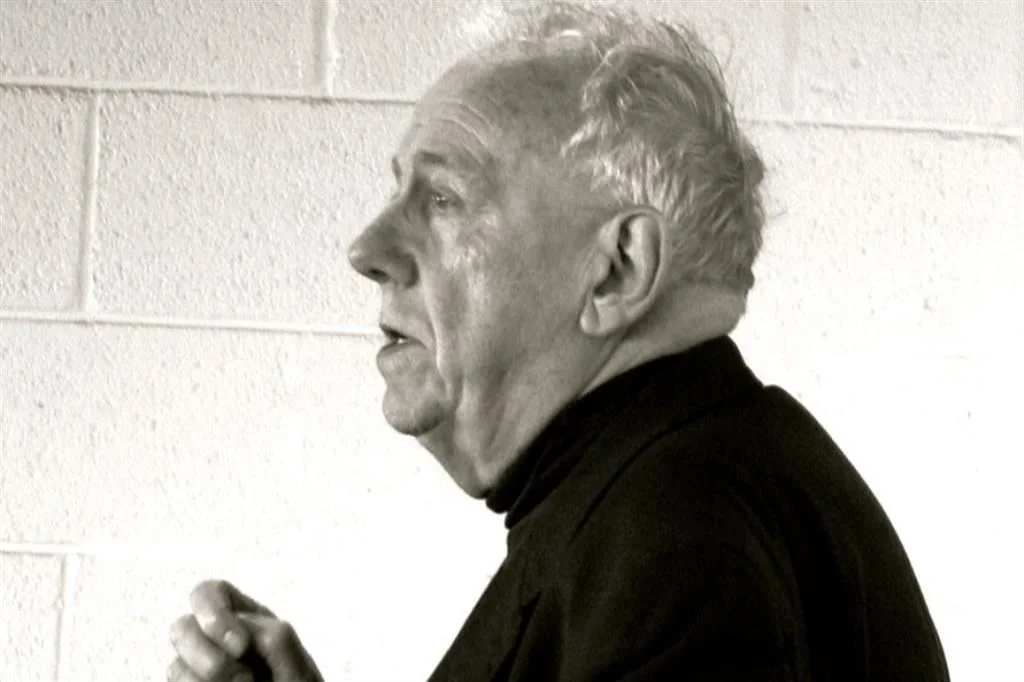The passing, on May 21st, at 96 years old, of the theorist of communitarianism (whether family, political society, work, sports groups, orchestras or theater companies), critic of individualism and liberalism. A Scottish convert to Catholicism, Alasdair MacIntyre identified the eight elements necessary for a “good life”: good health and a good standard of living – food, clothing, a home – that free one from misery, good family relationships, sufficient education that allows one to make good use of opportunities to develop one’s abilities, work that is profitable and rewarding and good friends, time outside of one’s work dedicated to activities that are good in themselves – sports, aesthetic, intellectual -, and the capacity, proper to a rational agent, to give order to one’s life and to identify one’s mistakes by learning from them.
(In the opening image, philosopher Alasdair MacIntyre – WikiCommons)
“It is not possible to have virtue except as part of a tradition transmitted to us by a series of predecessors”
- MacIntyre, After Virtue
On May 21, 2025, Alasdair MacIntyre, one of the greatest Scottish philosophers of politics, born in Glasgow on January 12, 1929, passed away in South Bend, in the state of Indiana. Professor of Philosophy at “the University of Leeds from 1957 to 1961, he moved to ‘Nuffield College’ (1961-1962 and 1965-1966) and then to” University College (1963-1966). He then taught Sociology at the University of Essex from 1966 to 1970 and in 1969 became rector of the University of Copenhagen. From 1970 to 1972 he was a professor at Brandeis University of “History of Ideas” and from 1972 to 1980 he taught “Philosophy and Political Science” at Boston University. From 1988 he was “Hank Professor of Philosophy” at the University of Notre Dame in the state of Indiana.
As Sergio Belardinelli recalled (“Il Foglio”, May 23, 2025), “there are at least three fundamental questions, particularly pressing today, on which MacIntyre has shed particularly illuminating light: the first concerns human nature, the second virtue and the third the common good”. In this triptych, treated especially in the 1981 essay After Virtue. An Essay in Moral Theory (Italian tr. Armando Editore, Rome, 2007) virtue has a determining role; it, in fact, according to MacIntyre, cannot exist except as a set of behavioral models that presuppose, in turn, a shared image (and not just a concept) of the common good. Indeed, both as areté and as virtus, it is “the capacity to operate in a certain way”; this “certain way” does not have its foundations in individual experience, but in the socio-cultural rooting of individual experience.



